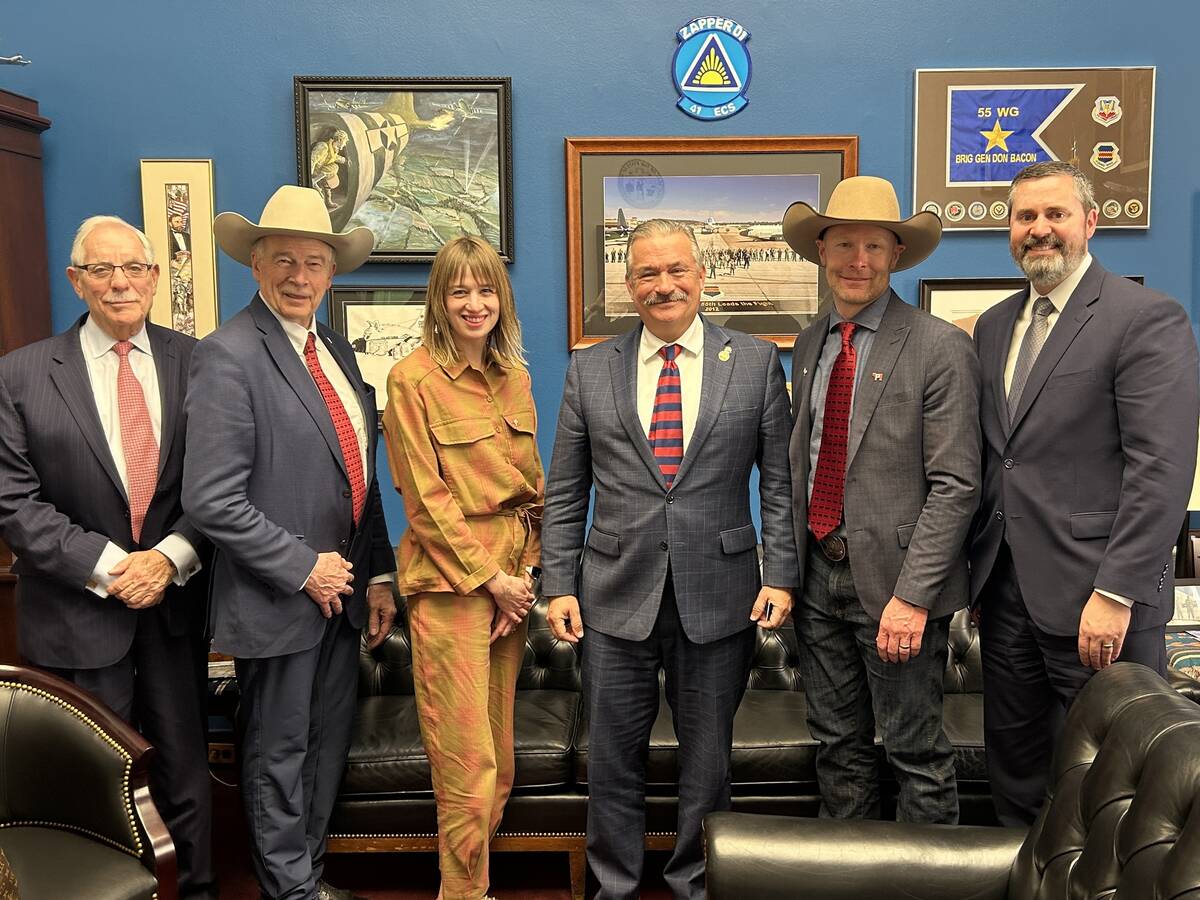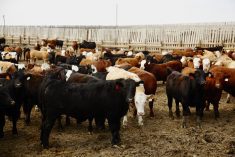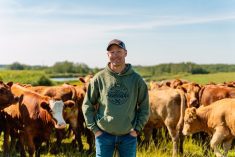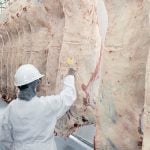In my previous column, I focused on domestic advocacy and how CCA speaks up for producers, why we meet with the parliamentarians and officials that we do, and why we participate in events and activities that may not always appear to have a direct link to government policy. Much of that logic also applies to CCA’s efforts to advocate on behalf of Canadian beef producers in the United States.
Read Also
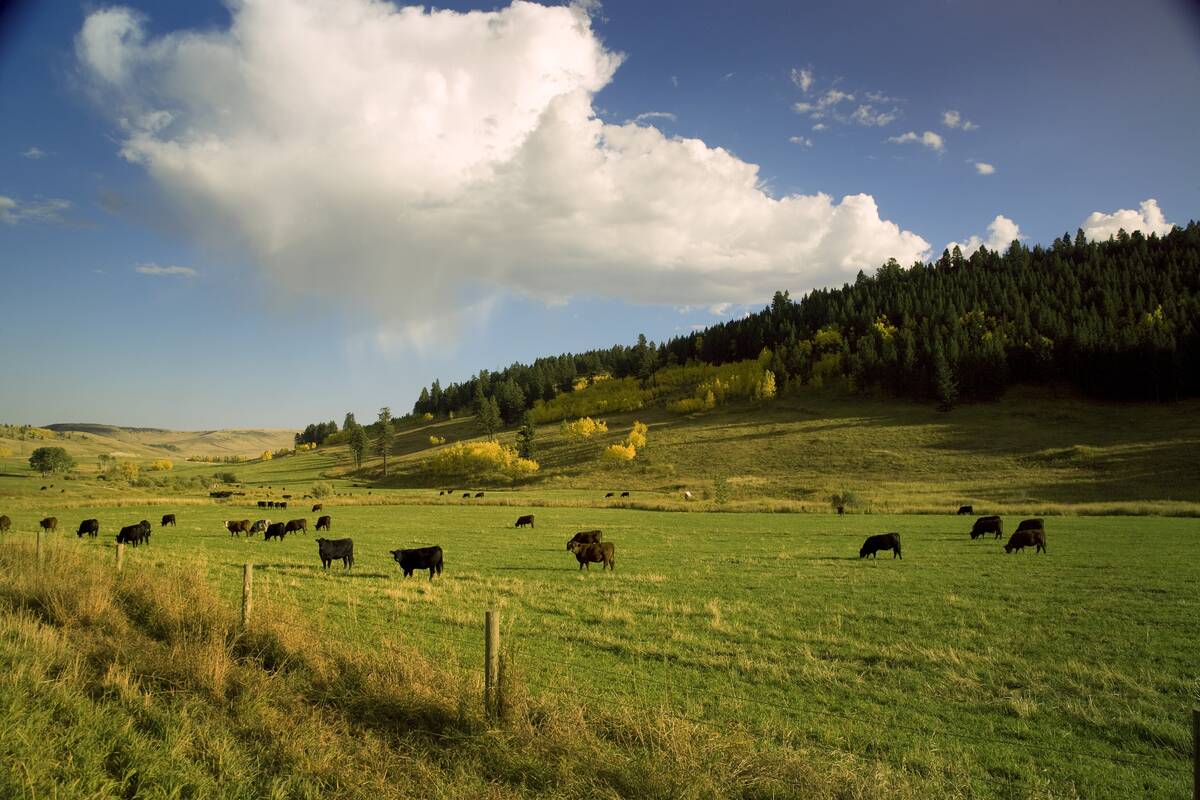
The Canadian Cattle Association’s international advocacy efforts
Global ag policies affect Canadian food policy, so the Canadian Cattle Association participates in international and domestic forums
The North American cattle herd is at its tightest level in more than 50 years, and we are facing an unexpected challenge. As New World screwworm moves through long-established barriers within Mexico, the U.S. has been forced to place new restrictions on cattle moving from Mexico into the U.S. These restrictions have further exacerbated the tight supply and threaten the processing sector due to capacity utilization reaching critically low levels. Now more than ever, the North American industry can ill afford additional barriers on the U.S.-Canada border. If we were to lose a plant to lack of supply, it would alter the competitive landscape.
This year, more than ever, the Canada-U.S. trade relationship has become uncertain, affecting everyone on both sides of the border, from consumers with no connection to agriculture to the highest-ranking officials in both countries. CCA has always worked hard to maintain and grow our relationships with elected officials, political staff, beef groups and agricultural groups in the U.S. Our focus continues to be on maintaining the positive relationship between Canada and the United States, particularly when it comes to the beef sector.
Since I took on the role as president in late March, I have had more than 25 meetings with U.S. policy makers, industry representatives and with our U.S. counterparts, the National Cattlemen’s Beef Association (NCBA). The meetings were intentional and strategic, and always consistent with the broad theme of conveying the nature and benefits of our integrated industry.
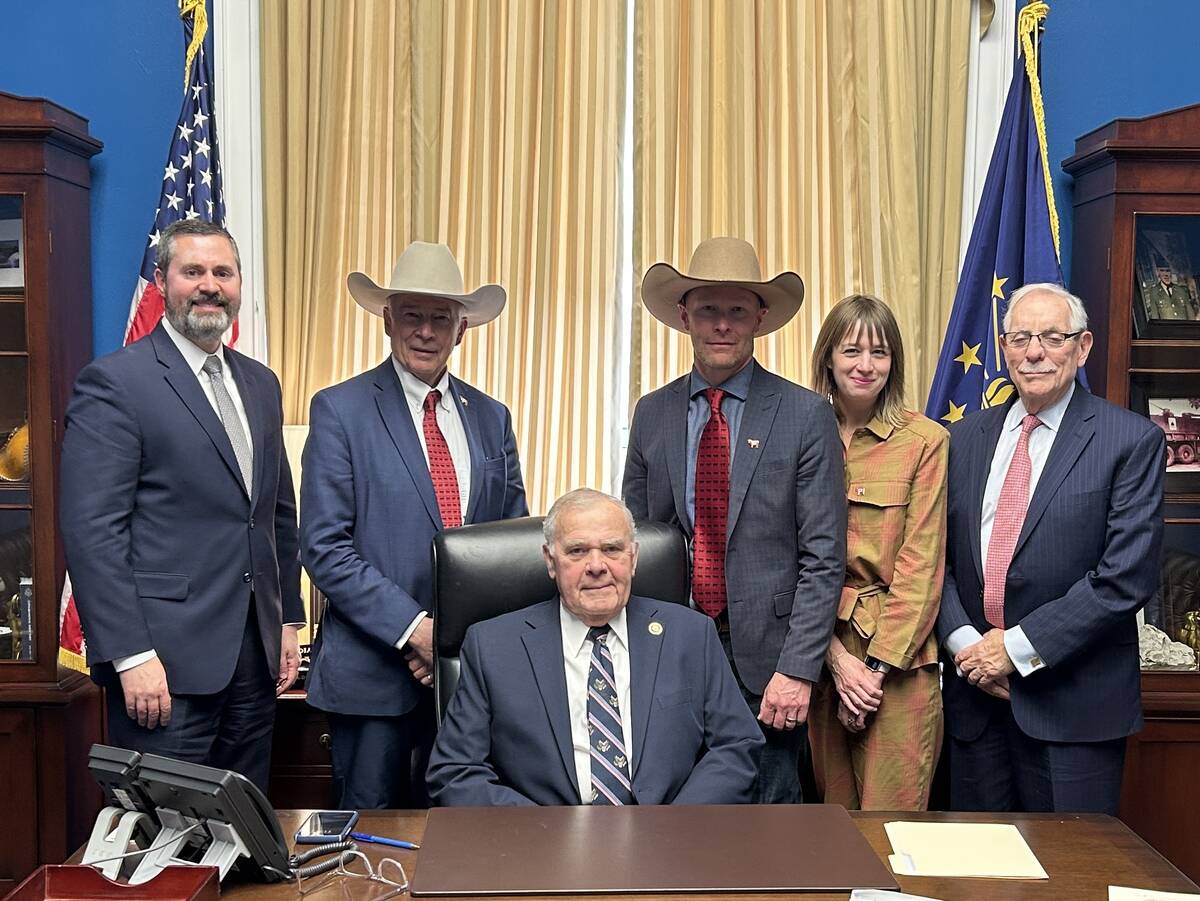
The United States and Canada have the largest two-way trade in live cattle and beef in the world, and 70 per cent of Canadian beef exports are bound for the U.S. Small- and medium-sized American processors and local and regional food systems rely on Canadian cattle to thrive and stay in business. Canadian producers import live cattle from many states, and high-value genetics in the form of semen and embryos are regularly bought and sold on both sides of the border. These are important pieces of information that are not always considered when policy discussions take place in the U.S.
Fortunately, our longstanding relationships and the integration of our industries mean that CCA is recognized as an important partner, and we are invited to both attend and participate in beef producer and agriculture industry meetings in the U.S. On a producer level, we continue to engage thoughtfully in trade discussions as our governments continue to work through trade negotiation talks.
This integration of our live cattle and beef markets is why CCA places huge emphasis on advocacy efforts in the U.S. These efforts are a large undertaking not only because of the value of the integrated market but also because of the sheer geographic size of our southern neighbour. We nurture relationships with national groups, such as our counterpart organization, NCBA, as well as the National Association of State Departments of Agriculture and the State Agriculture and Rural Leaders. Each state with cattle production has a group that represents its state and producers’ interests, the same as our provincial producer organizations. There are also smaller organizations that represent producers within a specific county or group of counties. At the federal government level, there is the United States Department of Agriculture, plus 50 state departments with their own departments of agriculture. We also collaborate with partners such as the Canadian Agri-Food Trade Alliance, the Canadian American Business Council and the Canadian Embassy. The processing and packing industries are also key allies who understand our integrated markets.
Developing and maintaining positive relationships with groups and individuals that have a voice and the potential to affect agricultural policy, and especially beef policy, is a crucial piece of advocacy. It is through our relationships and connections that CCA is invited to participate in agricultural and beef conversations in the early stages. This is where small, interconnected actions and changes that can have a significant positive effect begin. CCA is very conscious of maximizing how we use producer dollars, so trips to the United States for in-person meetings involve busy schedules that take into account formal meetings as well as impromptu conversations on the ground.
Sometimes we attend events not to advance a specific issue, but to keep our finger on the pulse of what is happening. Our attendance gives us early glimpses into potential changes that could affect Canadian beef producers positively and negatively. Attending conferences and meetings provides opportunities to meet people in similar advocacy positions, who may have influence in decision-making, and those who will continue to champion and advocate for the continued integration of our market for the benefit of our industries on both sides of the border.
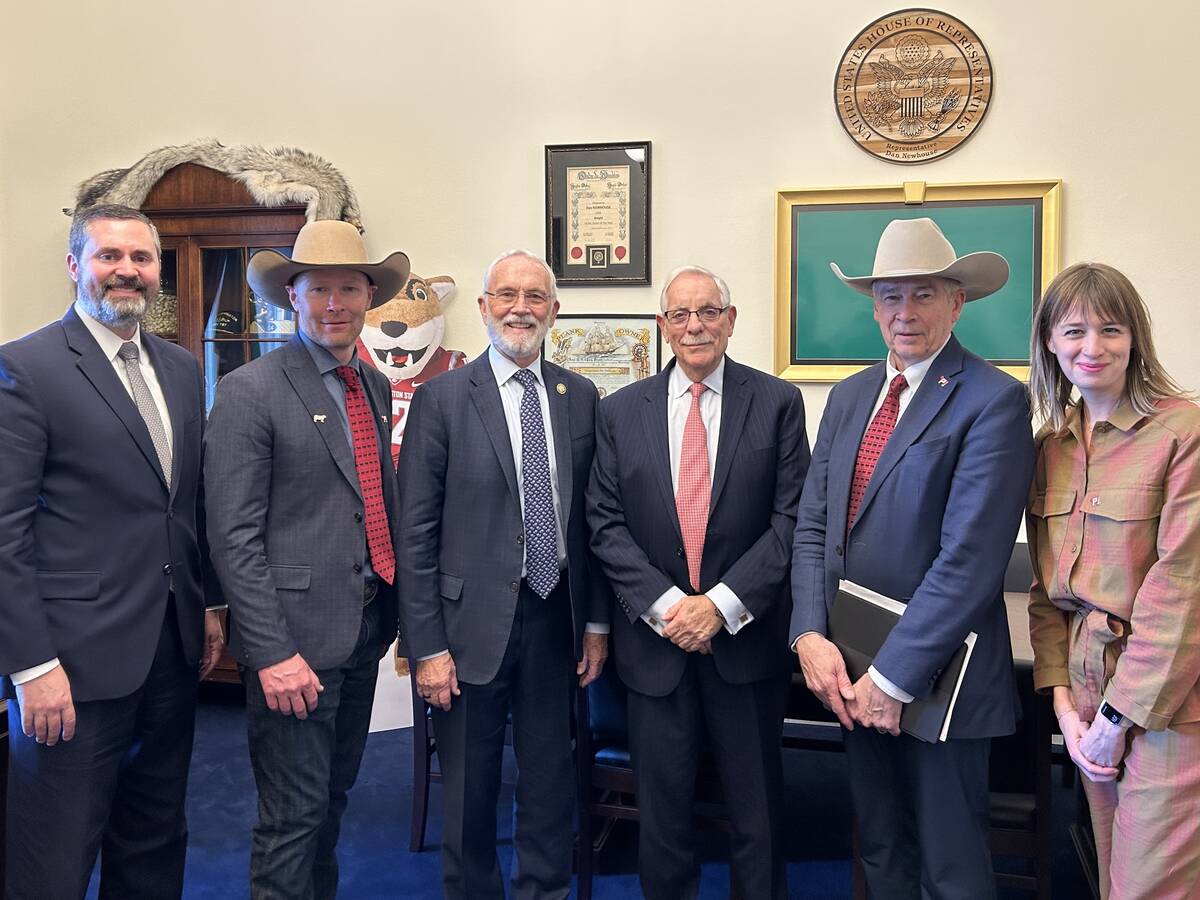
If you wonder why CCA continues to invest so much effort in our trade relationship with the U.S., I believe that Dennis Laycraft, our executive vice-president and one of the newest members of the Canadian Agricultural Hall of Fame, has said it best: “In times of crisis, it is better to look to your friends instead of looking for friends.”
We are grateful that the American beef industry remains our neighbour, friend and partner. c

